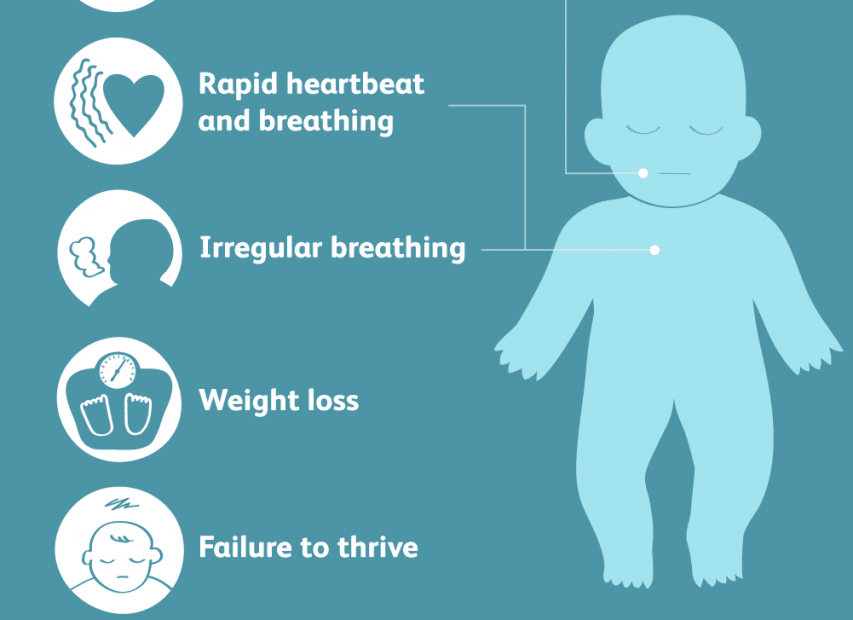Iron Deficiency In Infants: What You Need To Know
Iron Deficiency Dangers In Children
Keywords searched by users: Is iron deficiency common in infants iron deficiency in infants treatment, symptoms of iron deficiency in babies, low iron in babies breastfed, iron deficiency and child development, behavioral symptoms of iron deficiency in toddlers, Iron deficiency anemia in infants and toddlers, Diagnosis of iron deficiency anemia, iron deficiency in babies and sleep
How Common Is Iron Deficiency In Babies?
What is the prevalence of iron deficiency among infants and toddlers? In the United States, it’s worth noting that approximately 5 percent of toddlers aged 12 to 36 months are affected by anemia. Anemia is a condition characterized by a low level of red blood cells, which can result from various factors, with iron deficiency being a leading cause. In fact, iron deficiency is responsible for anemia in up to 40 percent of these children. (Source: Study conducted on October 1, 2013.) This statistic underscores the importance of addressing iron deficiency in young children’s diets and healthcare.
Why Are Infants At Risk For Iron Deficiency?
Infants are particularly susceptible to iron deficiency due to several key factors. Firstly, full-term babies are equipped with an initial iron reserve that originates from their mother’s bloodstream during their time in the womb. During the first half-year of life, breastfed infants primarily draw their iron requirements from their mother’s milk. However, it’s crucial to note that delaying the introduction of complementary foods beyond the age of 6 months can heighten the likelihood of iron deficiency in your baby. This is because breast milk alone may not provide an adequate supply of iron as your baby’s nutritional needs evolve. As a result, understanding the reasons behind infants’ susceptibility to iron deficiency and the timing of introducing solid foods is essential for their overall health.
What Happens If A Baby Is Iron Deficiency?
What are the consequences of iron deficiency in babies? As this deficiency becomes more severe, children may exhibit several noticeable symptoms. They may appear pale and weak, lose their appetite, and become fatigued more quickly. Additionally, they may struggle to gain weight properly and become more susceptible to respiratory and intestinal infections. One concerning aspect of iron deficiency is its potential impact on various aspects of a child’s development, including behavior, cognition, and psychomotor skills. This connection between iron deficiency and developmental issues raises significant concerns for the well-being of affected children. Moreover, it’s worth noting that some children with iron deficiency may develop pica, a condition characterized by a craving for non-food substances. Hence, it’s crucial to address and prevent iron deficiency in babies to ensure their overall health and development.
Details 5 Is iron deficiency common in infants
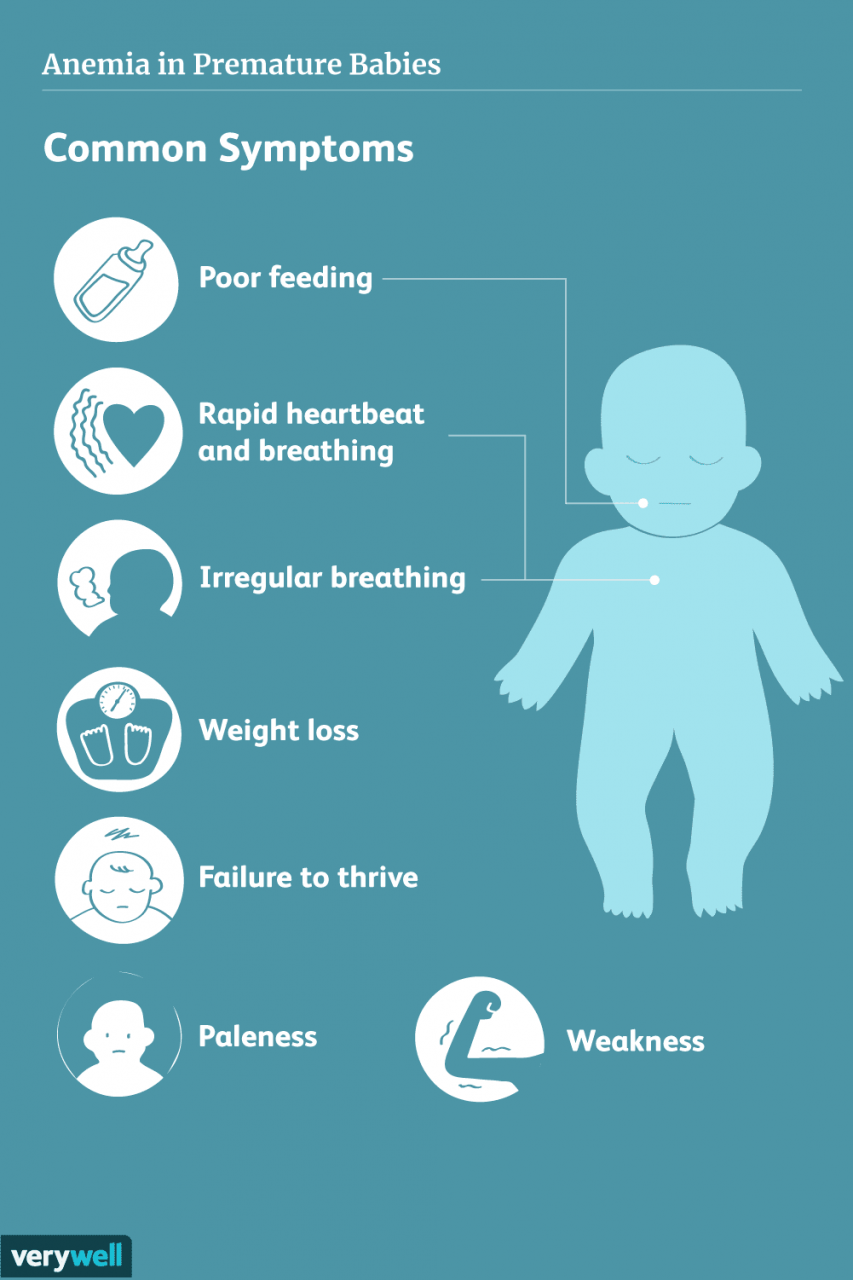
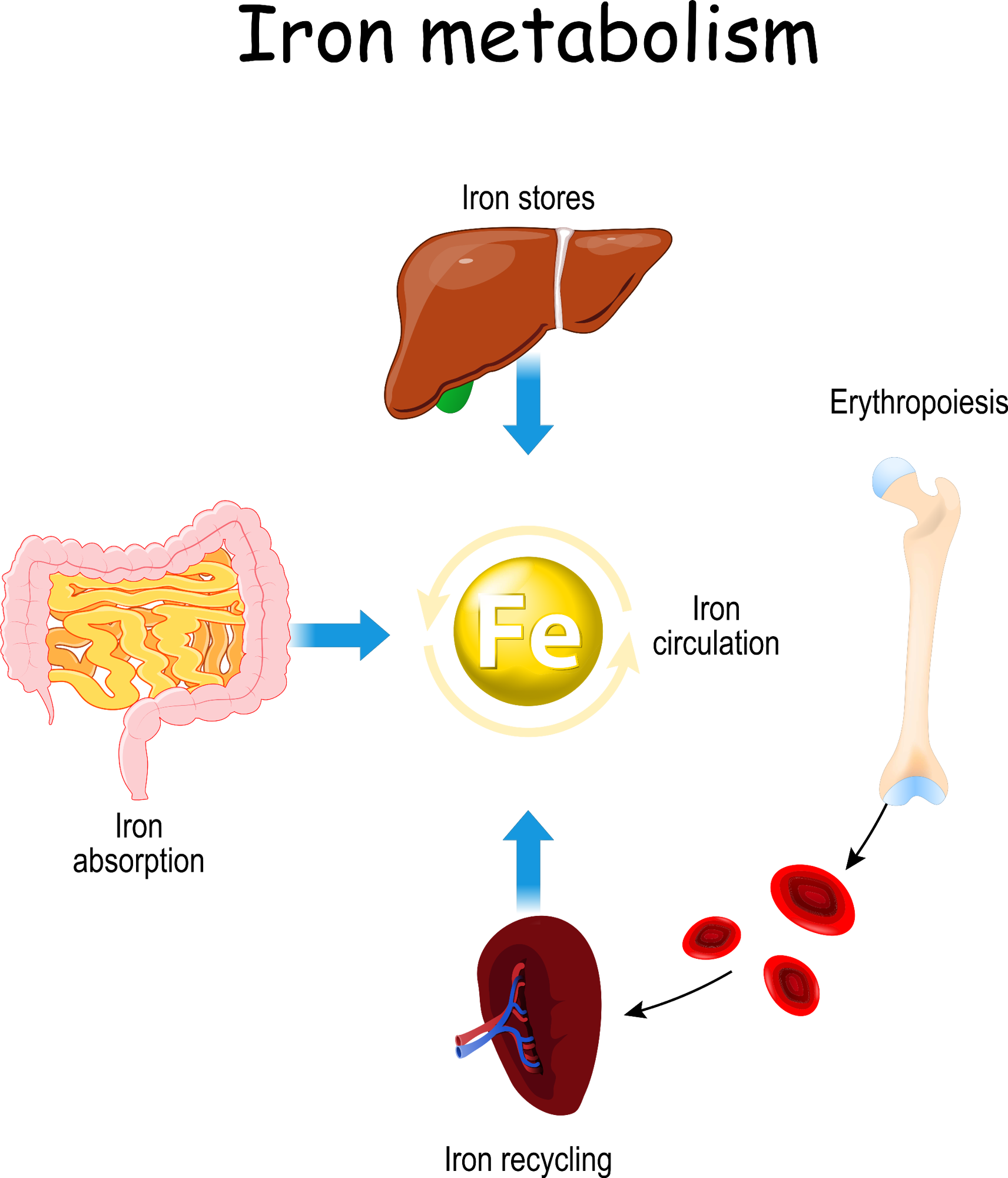
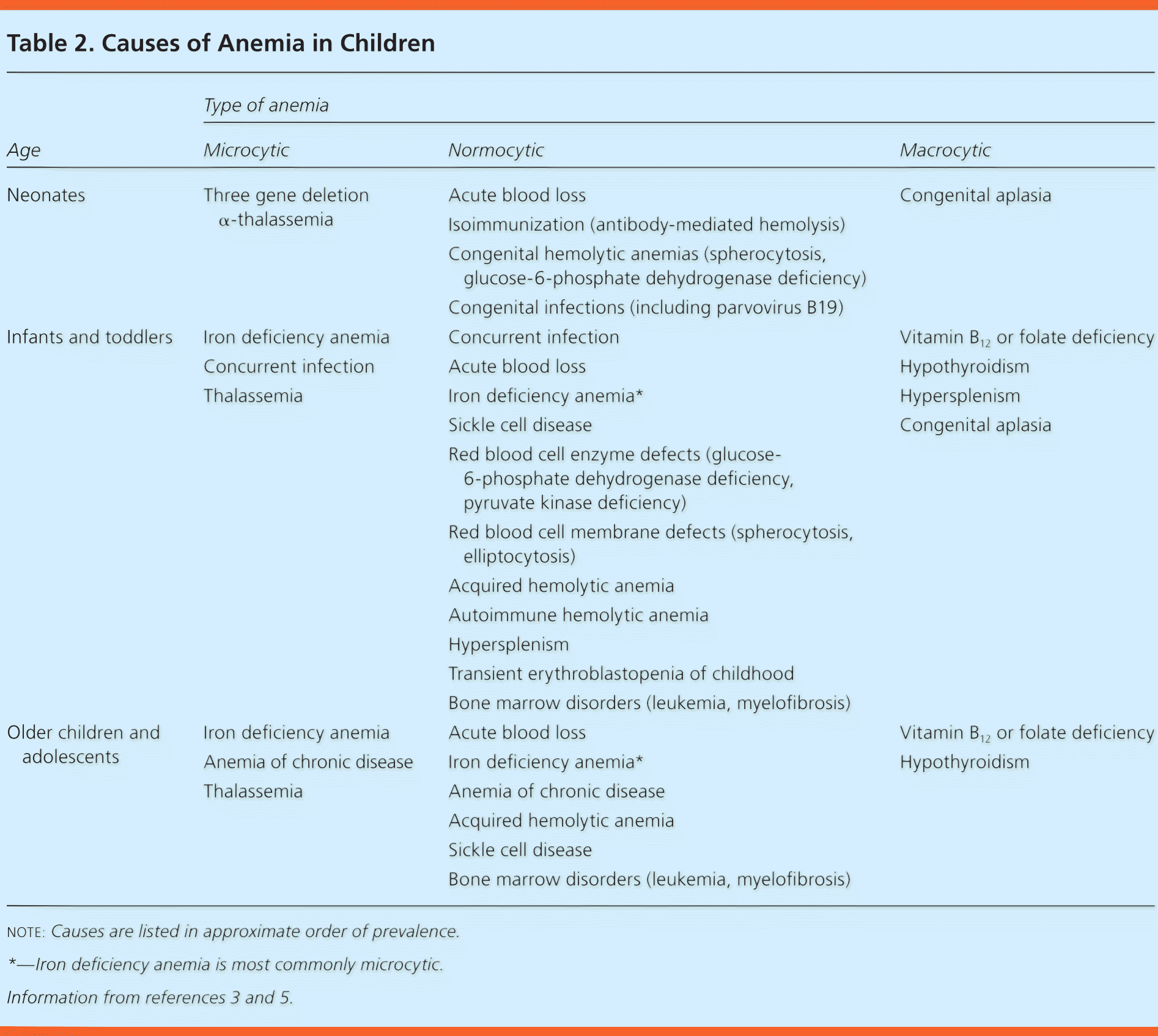

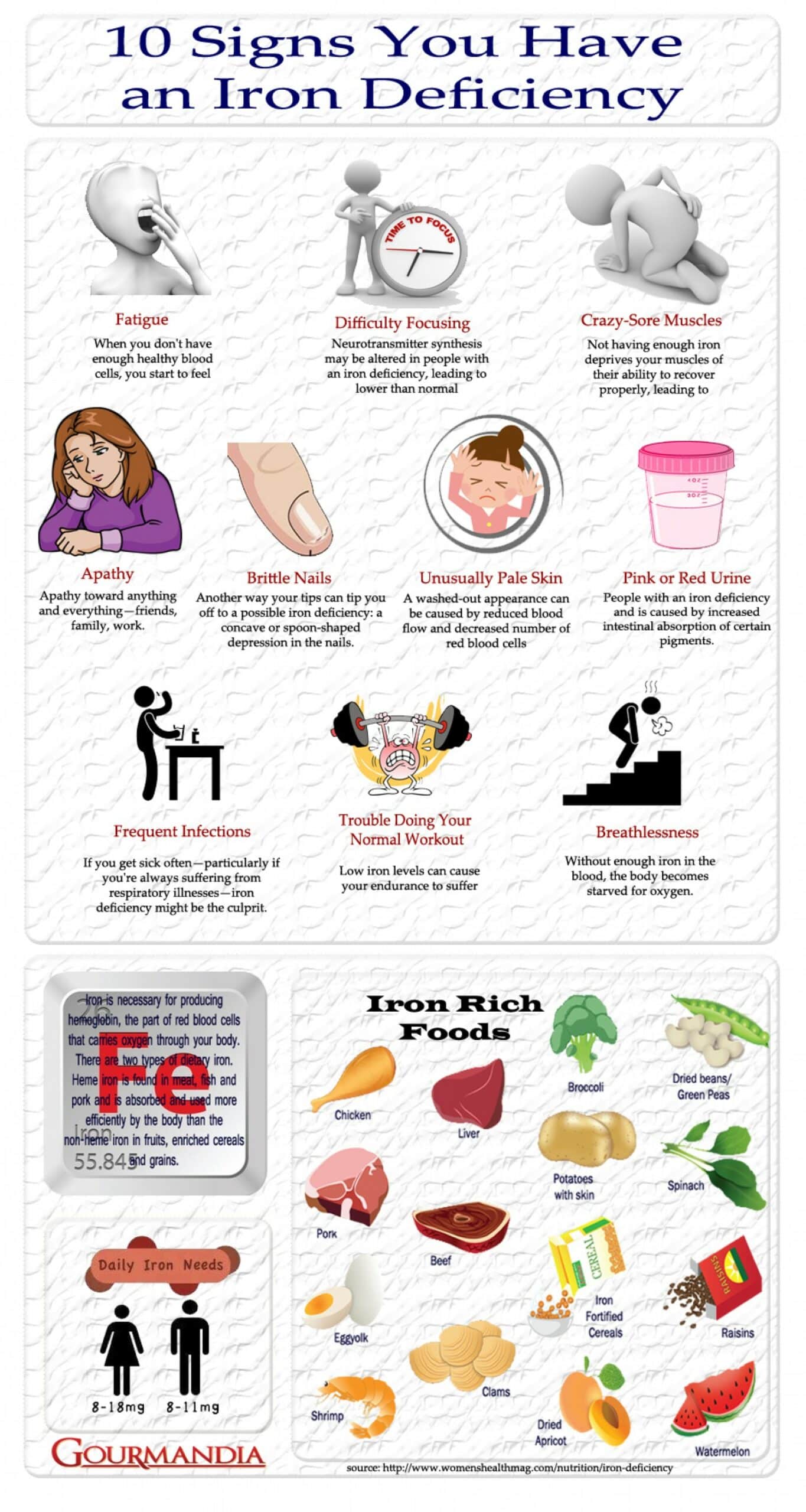
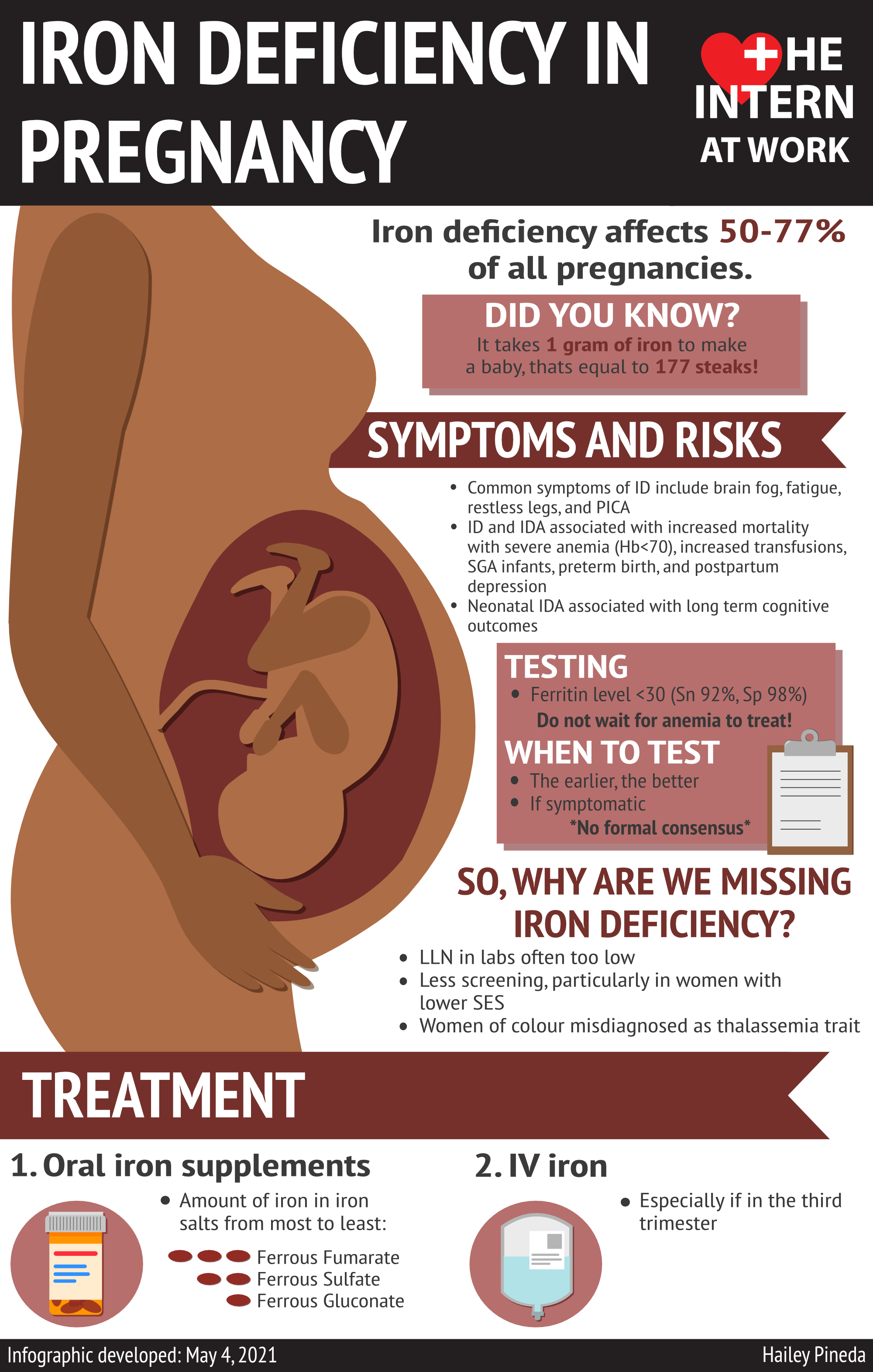

Categories: Found 93 Is Iron Deficiency Common In Infants
See more here: chinhphucnang.com

Iron deficiency is the most common single nutrient disorder in the world,1 and infants are at particular risk due to their rapid growth and limited dietary sources of iron.In the U.S., 5 percent of toddlers between the ages of 12-36 months have anemia, and iron deficiency is the cause of anemia in 40 percent of those children.Full-term babies are born with a reserve of iron, which comes from their mother’s blood while they are in the womb. For the first 6 months, breastfed babies will get what they need from their mother’s milk. However, waiting too long after 6 months to introduce other foods increases your baby’s risk of iron deficiency.
Learn more about the topic Is iron deficiency common in infants.
- Long-Lasting Neural and Behavioral Effects of Iron Deficiency …
- Iron Deficiency Anemia in Children | Duke Health
- Iron needs of babies and children | Caring for kids
- Iron deficiency and impaired child development – PMC – NCBI
- Anaemia – World Health Organization (WHO)
- Iron (for Parents) – Nemours KidsHealth
See more: blog https://chinhphucnang.com/dealbook
